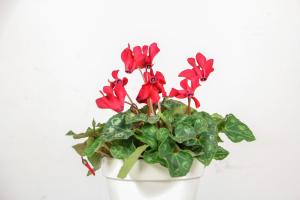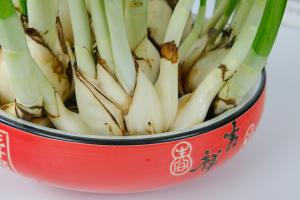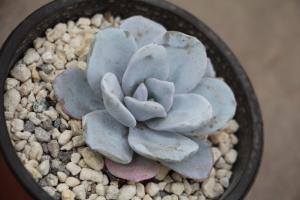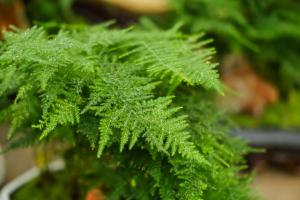Can Brackish Water Kill Fig Plants?
Fig plants are a beloved and common addition to gardens and indoor plant collections worldwide. With their beautiful foliage and delicious fruits, it is no wonder why so many people choose to grow fig plants. However, many places around the world suffer from water scarcity and have to rely on alternative water sources such as brackish water. This leads to the question of whether or not brackish water can kill fig plants.
What is Brackish Water?
Brackish water is a mixture of saltwater and freshwater. It can be found in places where rivers and oceans meet or in areas where saltwater intrusion occurs. Brackish water has a higher salinity level than freshwater but lower than seawater. This type of water is not suitable for drinking or irrigation in its natural state, but it can be treated to be used for various purposes.
Effects of Brackish Water on Fig Plants
Fig plants are not salt-tolerant and are sensitive to high levels of salinity in their growing medium. When exposed to brackish water, fig plants can suffer from drought stress due to the high salt concentration in the soil. The high salt levels prevent the root system from absorbing water and nutrients, leading to stunted growth, yellowing leaves, and even death.
How to Protect Fig Plants from Brackish Water
If brackish water is the only available water source, it is still possible to grow fig plants successfully. The key is to remove the excess salt from the water before it is used to irrigate the plants. There are various methods to desalinate water such as distillation, reverse osmosis, and electrodialysis. Using a desalination system can reduce the salt concentration in the water and make it safe for plants to consume.
Another way to protect fig plants from brackish water is to apply a high-quality organic fertilizer that contains beneficial microorganisms. These microorganisms can help enhance the soil structure and activate the natural processes of the plant, improving its ability to absorb nutrients and water more efficiently. Using organic mulch can also help reduce evaporation, keeping the soil moisture even in hot and dry conditions.
Conclusion
Fig plants are an excellent addition to any garden, but they require specific care to grow and thrive. If you live in an area that relies on brackish water, it is still possible to grow fig plants successfully with the right treatment and care. Using a desalination system and applying organic fertilizers and mulch can help protect your fig plants from the negative effects of brackish water. With proper care, your fig plants can provide you with delicious fruits and beautiful foliage for years to come.

 how many times do yo...
how many times do yo... how many planted tre...
how many planted tre... how many pine trees ...
how many pine trees ... how many pecan trees...
how many pecan trees... how many plants comp...
how many plants comp... how many plants can ...
how many plants can ... how many plants and ...
how many plants and ... how many pepper plan...
how many pepper plan...































